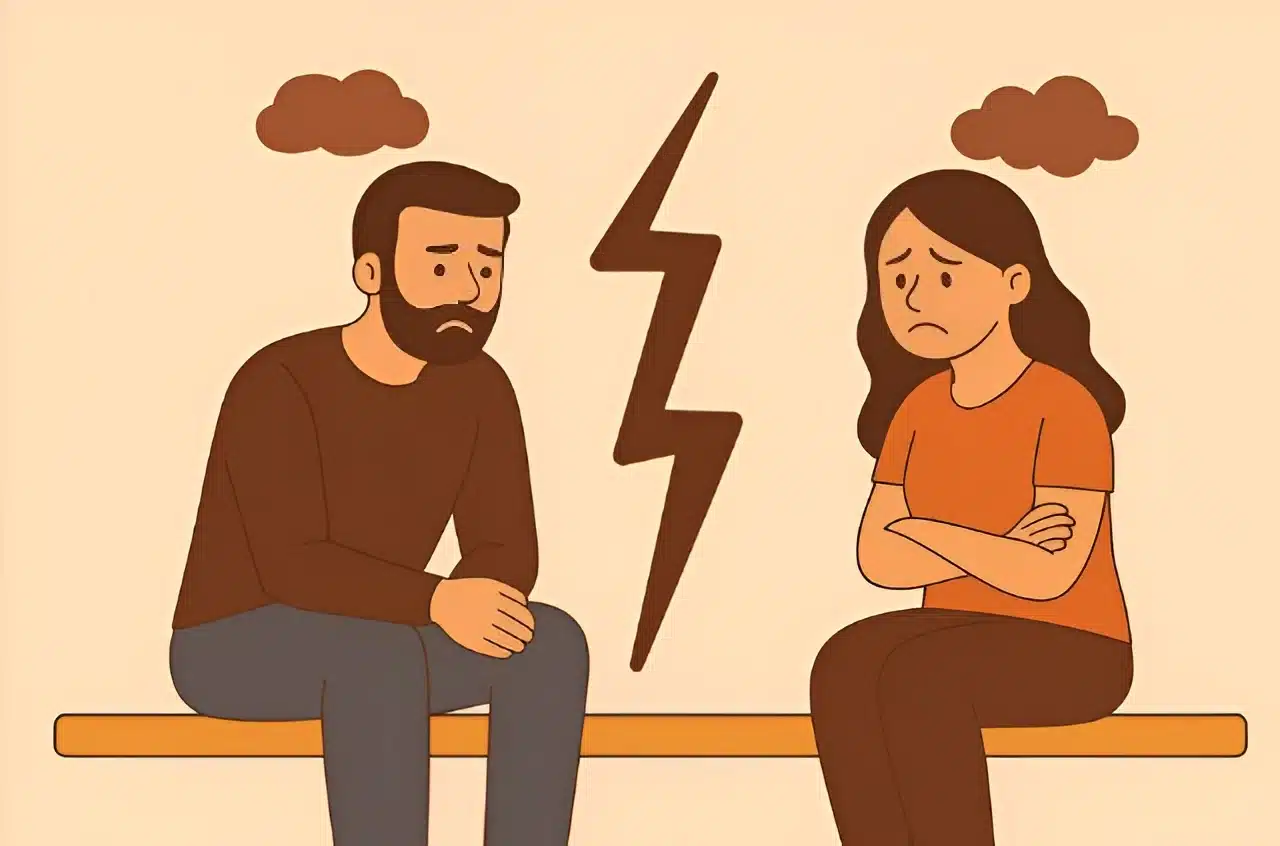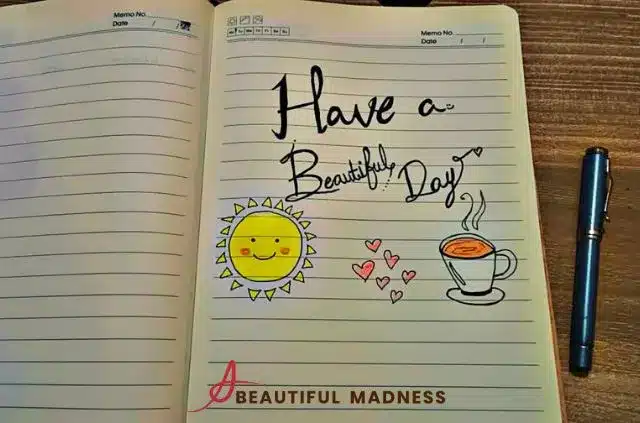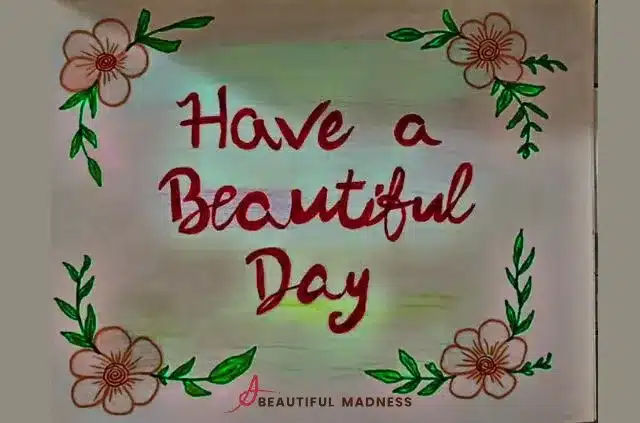You’re about to move in with your partner, but you’re starting to have second thoughts about the relationship. As you prepare to schedule your move, you take a minute to evaluate if this is the right choice.
There’s a lot that goes into moving in with your significant other. However, you must spend some time deciding if this is the right choice. You certainly don’t want to move in with someone toxic or not good for you. Aside from the obvious warning signs, such as gaslighting and narcissism, unhealthy relationships can also present in more subtle forms that are not always simple.
These actions can make a big difference in your mental and emotional health. Catching them and then working to change them can be a turning point for your overall health and for your relationship, too. That’s why we’re listing 8 signs you’re in an unhealthy relationship. If you notice any of these signs in your partner, it might not be the best time to move in with them, and it might even be time to break up.
Let’s get into it.
8 Warning Signs You’re In an Unhealthy Relationship
1. There’s a Lack of Consistency from Your Partner
It’s paramount that you have a partner who is consistent with you. This means that their actions match their words, and they don’t leave you feeling confused all the time. While inconsistency is normal and usually harmless here and there, this must be a normal pattern with your partner. To have a healthy and positive relationship, both partners need to have some stability and consistency with who they are.
2. Communication Seems Strained
We all know that communication is key to a healthy and long-lasting relationship. If you notice you and your partner arguing or not seeing eye-to-eye more often than not, it might indicate there’s issues with the relationship. If you’re unable to communicate openly with your partner, then the relationship can easily turn toxic. After all, the only way a healthy relationship is built is by two partners effectively communicating how they feel, what they think, and what they need to be happy in the relationship.
3. There Are Trust Issues
Trust issues are a major cause of breakups and divorce. You cannot build and maintain a good relationship if there’s an element of distrust or dishonesty. There are plenty of reasons you may feel there are trust issues in the relationship, but it’s paramount that you work on them together. If you’ve tried to build a relationship that’s trusting, but it’s not working, it might be a sign you’re in an unhealthy relationship.
4. Any Type of Abuse
Abuse comes in many shapes and sizes. It’s no surprise that any form of physical abuse is absolutely unacceptable and unhealthy. However, other forms of abuse are emotional and verbal abuse. You need a partner who makes you feel valued, appreciated, and respected. If your partner puts you down or manipulates you, these are major red flags. If you’re experiencing any form of abuse in your relationship, it’s incredibly important that you seek professional help and find a way to leave the relationship safely.
5. Your Partner Doesn’t Try to Understand You
Opposites attract, so you might find yourself in a relationship with someone quite different from you. While this is perfectly acceptable and there are many healthy relationships where the two partners are different from each other, it’s still important that your partner understands you. If your partner doesn’t try to understand your perspective, it’s a sign that they’re either too egotistical, don’t value you, or lack emotional intelligence. These are all signs of an unhealthy partner.
6. Walking on Eggshells
Waking up each morning with a nagging sense of walking on eggshells with your partner can be draining. If you’re in a relationship where you feel like you need to tiptoe around your partner’s feelings or behavior, it’s a sign of an unhealthy dynamic. It may appear to be a variety of things, such as avoiding talking about certain topics, censoring your own thoughts, or fretting about how your partner will respond. A healthy relationship should make you feel safe, supported, valued, and connected on a deeper level, not like you’re tiptoeing around on eggshells.
7. Emotional Blackmail or Guilt-Tripping
Emotional blackmail or guilt-tripping by your partner to control you is a toxic tactic that can be very damaging. It can take many forms, such as taking the blame for your partner’s emotions, threatening to leave if you don’t comply with what they want, or using past mistakes to guilt-trip you into doing what they want. Emotional blackmail will make you resentful, anxious, and confused about your own needs and desires.
8. Belittling Achievements
A respectful partner appreciates your accomplishments and struggles. But on your part, being continuously belittled or diminishing of your accomplishment by your partner leaves you undervalued, unheard, and unfelt. Over a period, it can undermine your self-confidence as well, which is the reason to evaluate your relationship.
Other Key Aspects to Consider
Controlling Behavior
There are numerous ways controlling behavior can manifest itself, preventing you from seeing friends and family, to restricting your independence. This could be indicative of deeper issues with the relationship, such as insecurity, possessiveness, or lack of trust.
Financial Manipulation or Dependence
The reliance on finance as a controlling tool or fiscal dependence on your husband/wife will lead to an imbalance within the relationship. Financial dependence also limits your autonomy and independence, hence, one should have a healthy monetary relationship.
Jealousy and Possessiveness
While it’s normal to have some degree of jealousy in a relationship, extreme or irrational jealousy can be dangerous. Possessiveness can also be demonstrated in behavior such as questioning your partner’s activities, restricting their communication with others, or being over-critical.
Emotional Exhaustion or Burnout
Burning out, being drained, or being exhausted in a relationship is a signal that changes may be on the horizon. Relationships are draining on the emotions, but constantly being drained or exhausted is an indicator that there could be issues in the relationship.
What To Do If You’ve Seen These Signs:
If you’ve seen any of these signs in your relationship, then you need to do something. Here are some things that you can do to fix it once again:
1. Get Help: Talk about your issues with a good friend, family member, or counselor.
2. Be Honest: Try being honest with your partner as far as your issues and feelings are concerned.
3. Establish Boundaries: Be aware of your boundaries and place yourself and your needs first.
4. Access the Relationship: Step back from the relationship and assess if it is healthy and good for you or not.
5. Seek Professional Assistance: If you’re emotionally distressed or being abused, get professional assistance and counseling.
5. Remember Your Worth: Practice self-affirmation and remind yourself of your inherent value. Tell yourself you are beautiful, worthy, and deserving of respect.
Final Thoughts
It is most critical to look after your mental and emotional health. If you notice a negative drift in your relationship, try to take care of yourself and instill positive changes. You are worthy of a healthy and nurturing relationship.



